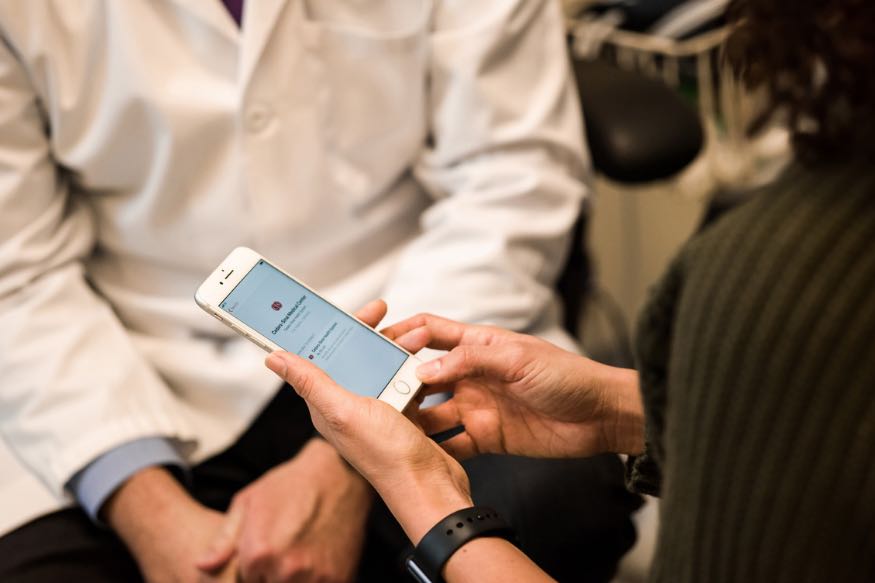Your Apple iPhone, iPad And Watch Can Identify Dementia as Well
 As it turns out, your Apple iPhone, iPad and Watch can accurately detect and identify Mild Cognitive Impairment and Mild Alzheimer’s Disease Dementia. This was revealed in the results of a feasibility study by healthcare company Eli Lilly and Company, health and measurement company Evidation Health and Apple Inc. The research says that an iPhone, Apple Watch, iPad and the Beddit sleep monitoring device, when used with health apps, can differentiate people with mild cognitive impairment (MCI) and mild Alzheimer’s disease dementia.
As it turns out, your Apple iPhone, iPad and Watch can accurately detect and identify Mild Cognitive Impairment and Mild Alzheimer’s Disease Dementia. This was revealed in the results of a feasibility study by healthcare company Eli Lilly and Company, health and measurement company Evidation Health and Apple Inc. The research says that an iPhone, Apple Watch, iPad and the Beddit sleep monitoring device, when used with health apps, can differentiate people with mild cognitive impairment (MCI) and mild Alzheimer’s disease dementia.
The study that was spread over a period of 12-weeks evaluated 113 participants, aged between 60-75 years and in real-world settings to determine whether Apple devices in combination with health apps on the phone, were able to help identify cognitive and behavioural differences among the study participants with and without mild cognitive impairment. The research says that in ways not previously detected through common clinical screening tools, the data obtained from the Apple devices suggested an ability to differentiate between individuals with mild cognitive impairment and mild Alzheimer’s disease dementia, and those without symptoms.
As much as 16 terabytes of data across a number of sources was collected. This included passively derived sensor data from the smart devices, questionnaires about mood and energy, and simple assessment activities on the Digital Assessment App developed by Evidation Health. The App included psychomotor tasks, such as dragging one shape onto another or tapping a circle as fast and as regularly as possible, reading tasks and a typing task.
“Lilly has been leading the fight against Alzheimer’s disease for more than 30 years, and we’re broadening the application of digital health to identify tools that may improve the lives of people with chronic conditions and diseases. While further research is needed, the study findings provide important insight into the potential benefits of wearable devices in identifying chronic health conditions such as MCI, Alzheimer’s disease, and dementia. These findings could inform subsequent research that may eventually lead to early screening or detection tools for neurodegenerative conditions,” says Divakar Ramakrishnan, Ph.D., chief digital officer, Lilly.
“With further study, we may be able to screen people at high risk or detect dementia and Alzheimer’s earlier with the devices we use in our everyday lives. These early findings suggest the potential of novel digital measures that are based on data generated and controlled by individuals,” says Christine Lemke, co-founder and president of Evidation Health.
[“source=news18”]